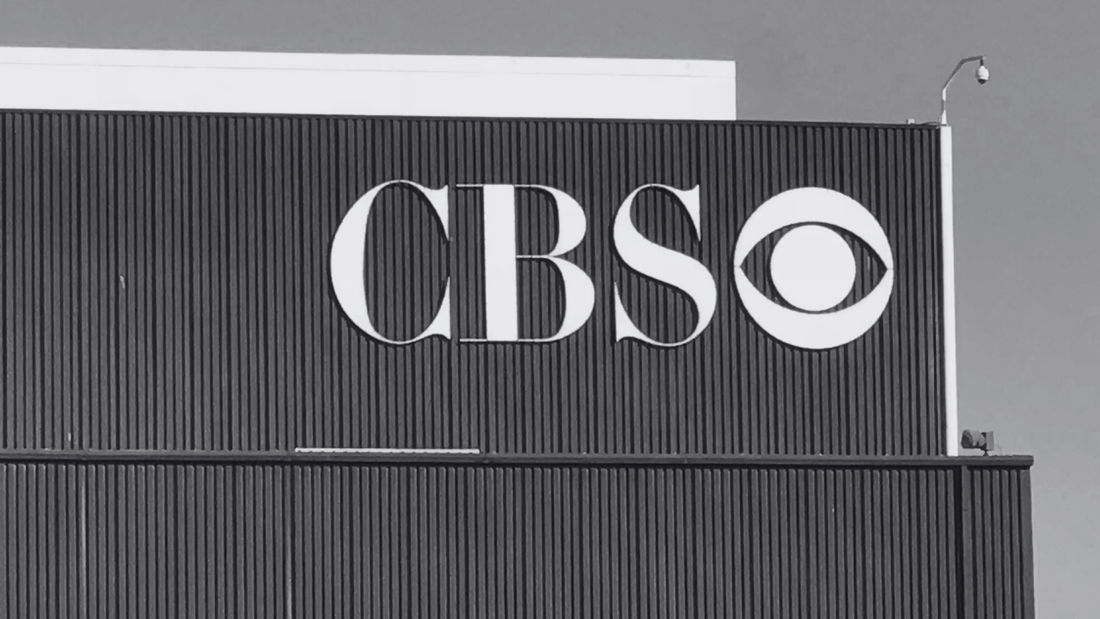|
Reporters treat promises of confidentiality to potential sources as sacred for a reason. The promise of anonymity is the bedrock upon which investigative journalism rests. This promise is so central to a free press that a bill to codify its protection is currently wending its way through Congress. The PRESS Act would protect journalists and their sources by granting a privilege to shield confidential news sources in federal legal proceedings.
CBS went one step further after it terminated investigative journalist Catherine Herridge: the news division reportedly seized her files, including private information about privileged sources. Lawyer Jonathan Turley writes CBS is “moving toward a resolution,” with some reports indicating CBS has already returned the files. But the initial action, which sparked widespread concern among CBS employees, is instructive about the need to protect reporters and sources. Turley in The Hill wrote that the “the timing of Herridge’s termination immediately raised suspicions in Washington. She was pursuing stories that were unwelcomed by the Biden White House and many Democratic powerhouses,” which landed her in hot water with CBS executives. After she was terminated, the network seized her notes and files, informing her that it would decide what would be released to her. Such an action defied established media tradition. “Journalists are generally allowed to leave with their files,” Turley writes. “Under the standard contract, including the one at CBS, journalists agree that they will make files available to the network if needed in future litigation. That presupposes that they will retain control of their files.” CBS also suggested that it would allow unnamed individuals to look through Herridge’s files to determine what she would have been allowed to keep. A former CBS manager said that he had “never heard of anything like this.” The Screen Actors Guild-American Federation of Television and Radio Artists union (SAG-AFTRA) has raised the issue with CBS, noting the effect of this action could have on journalistic practices and source confidentiality. If this issue is, in fact, not resolved as reported, the union could well take this to court to test Herridge’s claim to her notes. Why did CBS News risk tarnishing its own legacy? It shouldn’t matter if Herridge’s investigation is of Hunter Biden’s laptop, Donald Trump, Robert F. Kennedy Jr., or the My Pillow Guy. By originally suggesting that CBS will unilaterally decide the fate of Herridge's files, including those originating from her tenure at Fox News, the network risked undermining the willingness of sources to come forward with sensitive information for all news gatherers. This is one more reason why Protect The 1st stands firmly in favor of The PRESS Act. As we wrote last November, ironically about Catherine Herridge in a different context, the PRESS Act would have made a difference when she was ordered by a federal judge to reveal the identity of confidential sources she used for a series of 2017 stories published while she worked at Fox News. If CBS did hold on to the files, it could easily lose control of them through a leak or litigation. If ordered by a court to reveal these documents, would executives have risked jail time like Herridge has done? Although the First Amendment does not apply to a private company, CBS News should not be less supportive of a free press than the government. Comments are closed.
|
Archives
June 2024
Categories
All
|
ABOUT |
ISSUES |
TAKE ACTION |



 RSS Feed
RSS Feed